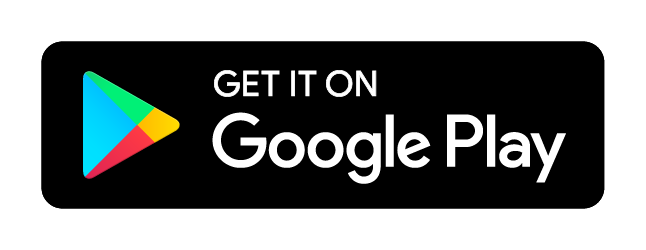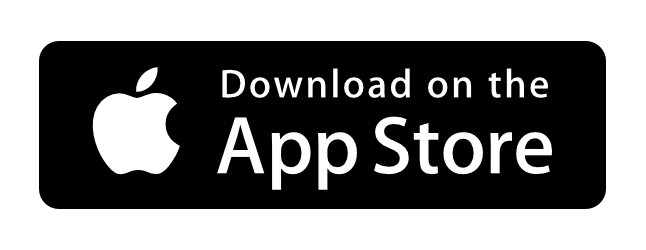|
nyamatteo
|
Study Investopedia basic tutorials
Star this Commitment
Week 16 of 16
nyamatteo commits to:
studying and creating quizlets and kahoots for the Stocks basics, Options basics, Economics basics and Investing 101.
16
0
No more reports due
|
My Commitment Journal
This Commitment has no photos.
Displaying 1-4 of 16 results.
August 18 to August 25
Successful
Success
Success
nyamatteo
- Committed user success report
This month’s Fire recommendation, Pearson (LSE: PSON), released positive half-year results in July, but I don’t think its share price since then reflects its operational progress.
Pearson’s share price is roughly flat since our initial recommendation. This compares favourably to the S&P UK Index that’s down around 4% over the same period, but seemingly fails to reflect the company’s good results.
For that reason, I’m re-recommending the company for Fire this month, after management forecast that it should stabilise revenues this year and return the business to “sustainable top-line growth from 2020”.
If this traditional textbook publisher makes good on its transformation into a truly ‘digital-first’ education specialist – with a greater proportion of high-margin recurring digital subscription revenues – then I reckon the company should become much more richly valued by investors in the future.
Not much has fundamentally changed at the business since the world’s largest education publisher joined the SA scorecard in June. I suggest reading the original recommendation for a full sense of what the company does.
To quickly recap, Pearson is an education specialist that provides critical tools for teachers and lecturers – including course content, assessment and digital resources. The company’s strength in analogue textbook sales is being undermined by the technological disruption of textbook publishing, but pleasingly the company is adjusting its priorities accordingly. For some years, it has been striving to digitalise its business, amid falling higher-value textbook sales.
While this has been a slow pivot, based on recent results its shift toward a digital-first model appears to be paying off. Its recent half-year results showed underlying sales creeping higher as its challenged courseware business stabilised thanks to its
August 11 to August 18
Successful
Success
Success
nyamatteo
- Committed user success report
A tracker fund is an index fund that xxckxxx a broad market index or a segment thereof. Tracker funds are also known as xxxdxx funds. These funds seek to replicate the holdings and performance of a designated index. Tracker funds are designed to offer investors exposure to an entire index at a low cost. Tracker funds typically buy the individual securities in the index they seek to replicate. Tracker funds can also be constructed of ETFs or alternative investments to meet the fund’s tracking objective.
August 4 to August 11
Successful
Success
Success
nyamatteo
- Committed user success report
What Is a Non-Interest-Bearing Current Liability (NIBCL)
A non-interest-bearing current liability (NIBCL) is a category of debt entered on the liabilities side of a balance sheet under current liabilities. While a NIBCL is a form of debt, representing a sum of money that the company owes and must pay within one year, it does not require interest payments.
Understanding Non-Interest-Bearing Current Liability (NIBCL)
Non-interest-bearing current liabilities are straightforward. Unlike interest-bearing current liabilities such as working capital loans or the current portion (maturing in less than one year) of long-term debt, the non-interest-bearing ones are just that - not subject to interest on the 'debt' that a company owes.
Example of a NIBCL
The Kroger Co. lists the following under Current Liabilities on its FY2017 balance sheet: 1) current portion of long-term debt including obligations under capital leases and financing obligations; 2) trade accounts payable; 3) accrued salaries and wages; 4) deferred income taxes, and 5) other current liabilities. Items 2, 3 and 4 are NIBCL. There may or may not be interest-bearing items under "other current liabilities." Typically, "other" is not broken down in the Notes to the Financial Statements.
July 28 to August 4
Successful
Success
Success
nyamatteo
- Committed user success report
insvmitte druid
every dollar you make and spend is part of the bigger picture of the economyy. its your spending and people like you that generate the value in the economy,, not the banks, factories or wall street but you.
checking accounts are for day to day spendings. food, car, clothes, home, insurance, entertainment.
.








